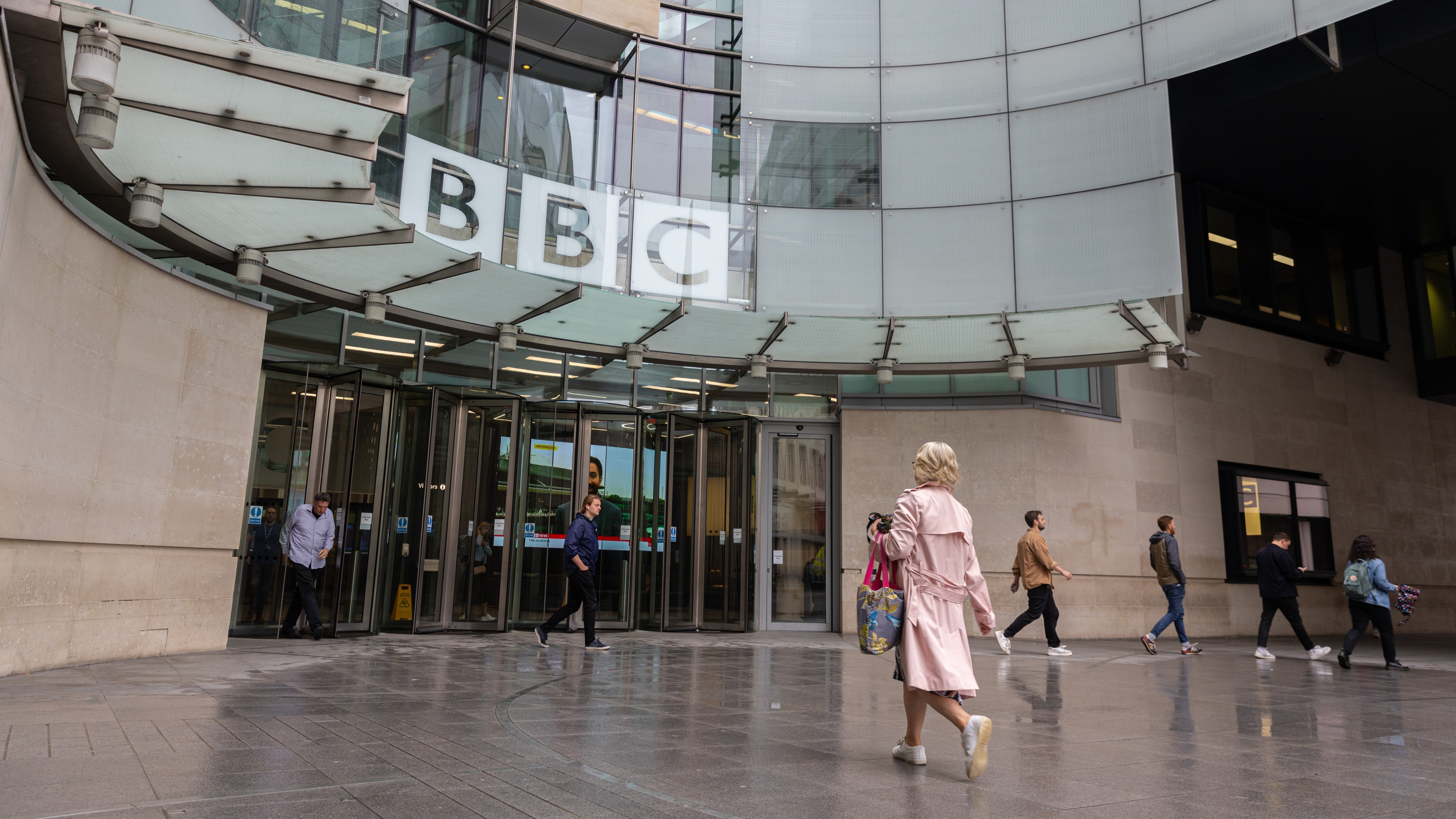Irish broadcaster RTÉ has published a reform plan that it says sets “a new direction for the radical transformation of the organisation.”
The broadcaster said the plan has been drawn up against the backdrop of an acute funding crisis that threatens the very existence of public service media in Ireland.

As part of the plan, RTÉ has confirmed that it will implement a series of cuts to planned expenditure in 2024 as part of a cost-control programme.
RTÉ said it was facing a potential €40m decline in TV Licence revenues in 2024, and to help close the funding gap it will implement a minimum of €10m cuts in expenditure planned for 2024. This will include cuts to content, to be confirmed in the coming weeks, an initial voluntary redundancy programme and an ongoing freeze on recruitment. It will also continue with an ongoing pause on discretionary spend and postpone a range of capital and strategic projects.
Among the key commitments in the plan are:
- A 50% increase in commissioning spend by 2028, as part of a hybrid-production model, which will see increased investment in independent production.
- Investment in production centres outside Dublin, including a planned Cork content hub, with renewed commitments to Limerick and Galway. In addition, the plan details a pathway toward digital transformation and personalisation, with increased investment in digital products and skills.
- A smaller RTÉ through investment in technology, skills and people, with a 20% net headcount reduction over the period of the 2024-2028 strategy, supported by a voluntary exit scheme.
- Prioritising live and on-demand content via digital products, reducing the cost of traditional broadcast distribution. RTE will therefore close the ’timeshift’ television channels RTÉ One +1 and RTÉ2 +1.
- It will also close RTÉ Radio 1 Extra, RTÉ 2XM, RTÉ Pulse and RTÉjr Radio, offering on-demand playlists and podcasts via a new audio app.
Kevin Bakhurst, Director-General of RTÉ, said: “The destination of this new direction plan is, ultimately, a better RTÉ. RTÉ will deliver high-quality programmes and content and will be more agile so that we can meet evolving audience needs. We will provide better value for money. We will work harder with the independent production sector and diversify outside of Dublin. Over its almost 100-year history, RTÉ has served the public through the talent, integrity and commitment of its staff. Whilst acknowledging that we need to reduce our workforce, we remain committed to supporting and developing the extraordinary people that we have both in RTÉ and across the industry.
“2024 will be a challenging year and one in which we will have to manage our cost base carefully. Hard choices will be made. My hope, however, is that we will enter 2025 armed with a robust strategy that makes the best use of the monies available to fund our national media service, monies we will invest as wisely and strategically as possible to improve the invaluable contribution of public service media to life in Ireland.”

Stephen Nuttall unveiled as new Chair of IBC’s Partnership Board
Stephen Nuttall has been appointed as the new Chair of IBC’s Partnership Board. Made up of representatives from each of the six partner organisations which own IBC (IABM, IEEE, IET, RTS, SCTE and SMPTE), the IBC Partnership Board provides the governance and strategic oversight of IBC.

Saleha Williams appointed CEO of IABM
Saleha Williams has been appointed as the Chief Executive Officer (CEO) of IABM.

Comcast sets leadership team for ‘SpinCo’ cable unit
US media and telco giant Comcast has unveiled the leadership team for SpinCo as it prepares to spin off its cable television portfolio later in the year.

Labour exploring ‘alternative funding options’ to BBC licence fee
UK Culture Secretary Lisa Nandy is reportedly considering scrapping the BBC licence fee at the end of the Corporation's current charter in December 2027.

BBC Director-General Tim Davie to head Creative Cities Convention speakers
BBC Director-General Tim Davie has been lined up as one of the key speakers at this year’s Creative Cities Convention, being held from May 7–8 in Bradford as part of its UK City of Culture 2025 celebrations.




